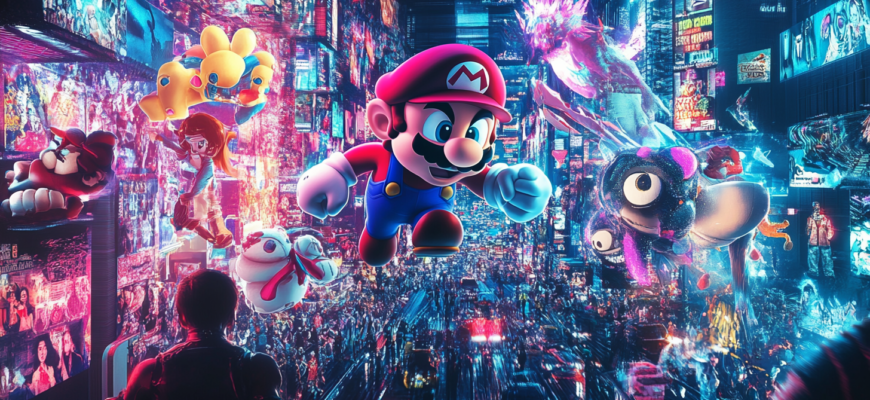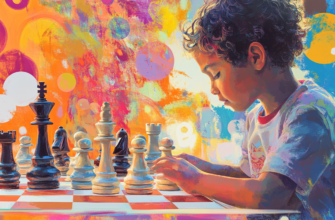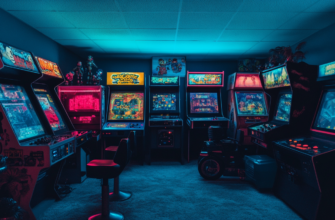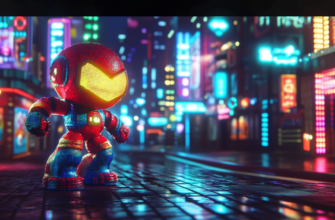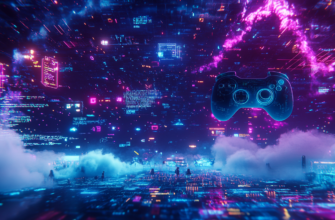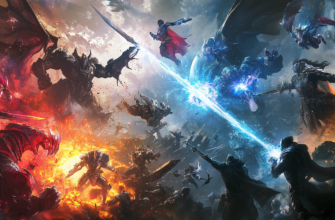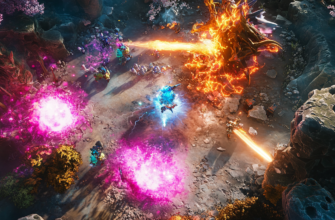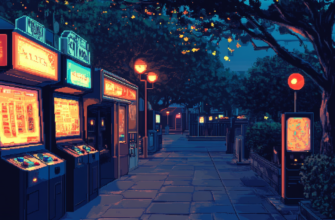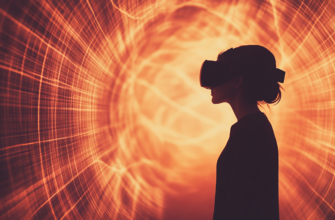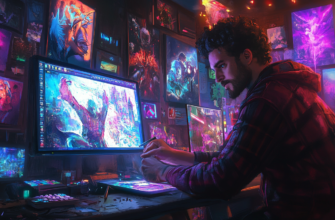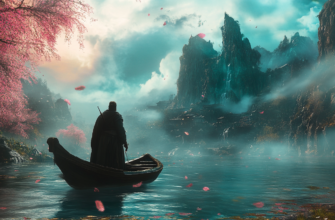- The rise of video games in modern pop culture
- Why video games are so influential
- Key elements that helped video games shape pop culture
- Step-by-step guide: How games broke into mainstream pop culture
- Early days: Arcades and classic consoles
- The 90s: The boom of gaming and pop icons
- The 2000s: The era of storytelling, online gaming, and esports
- The 2010s to present: Games that transcend boundaries
- Practical tips for understanding gaming’s pop culture power
- Conclusion: Video games—an irreversible force in pop culture
The rise of video games in modern pop culture
Yo, fellow gamers! Ever noticed how video games have completely taken over pop culture? I know you’ve seen it too—games mentioned in movies, referenced in music, and even showing up in the fashion industry. Video games aren’t just something you and I play for fun after work or school anymore. They’ve become a massive part of modern life, and their influence is everywhere. Let’s dive into how games have managed to solidify their place in pop culture.
Why video games are so influential
Alright, let’s start by asking: Why are video games such a big deal in pop culture? For one, games have a unique way of connecting people. Whether you’re playing solo or in multiplayer mode, games help create shared experiences. Over time, these experiences have created a community of billions, fueling not just entertainment, but global trends.
Beyond that, games are creative masterpieces. I mean, come on. Think of the worlds crafted in titles like “The Witcher,” “Halo,” or “Minecraft.” The art, the music, the narratives—it’s all designed to evoke feelings you get when watching a blockbuster film or reading a riveting novel. No wonder everyone wants a piece of the action, even those who don’t consider themselves ‘gamers.’
Key elements that helped video games shape pop culture
- Community: Passionate fanbases share game experiences across platforms like YouTube, Twitch, and social media.
- Aesthetic design: Games are pushing the boundaries of graphics, soundtracks, and overall mechanics, just like movies and TV shows have for decades.
- Narrative storytelling: Many games like “The Last of Us” blur the lines between cinema and interactive media, making them rich stories that resonate with players on a deeper level.
- Cross-media adaptations: Games now have movies, series, and animations based on their stories and characters. Heck, look at how huge Pokémon or Sonic are—they’re everywhere!
Step-by-step guide: How games broke into mainstream pop culture
Alright, now let’s get into some details. How did games evolve from niche geek culture to the massive force they are today? Here’s the lowdown.
-
Early days: Arcades and classic consoles
Before games invaded our lives through PCs and smartphones, they started small—think arcades in the 70s and classic home consoles in the 80s. Games like “Pac-Man” and “Super Mario Bros.” dominated this era. Suddenly, the world was introduced to digital entertainment where skill and patience were everything.
Games became social meeting points. Back in the day, going to an arcade was the thing to do! You weren’t just gaming solo at home—you were competing with your friends and random challengers in real life. That set the stage for esports culture, which we’ll get to later.
-
The 90s: The boom of gaming and pop icons
Ah, the 90s! This is when gaming really started to merge with broader pop culture. Games like “Mortal Kombat” and “Street Fighter” became household names. Why? Two reasons:
- Characters: Gaming characters started to achieve pop culture recognition. Who hasn’t heard of Mario, Sonic, and Lara Croft? They became symbolic across games and beyond.
- Gameplay meets media attention: Remember how violent video games like “Doom” made headlining news? People were talking about games not just because they were fun but because they sparked media conversations about culture, violence, and society. All this attention thrust games further into the spotlight.
-
The 2000s: The era of storytelling, online gaming, and esports
The 2000s saw a shift toward more complex, story-driven games. Suddenly, titles like “Final Fantasy” and “The Elder Scrolls” felt like epic movements in interactive storytelling. Games weren’t just for button-mashing anymore—they started telling better, richer stories, blurring the line between video games and cinema.
Plus, online gaming exploded. When “World of Warcraft” launched in 2004, it forever changed the way we gamed socially. No longer were we just confined to playing with local friends; we now had entire MMORPG (massively multiplayer online role-playing game) universes to get lost in. The implications for pop culture? Huge. Online clans, friends from other countries—it all became part of the global culture.
The decade ended with the birth of esports as we know it, with tournaments like the early “Counter-Strike” and “Starcraft” competitions pulling in huge attention. Now, games were competitive as hell, with millions at stake!
-
The 2010s to present: Games that transcend boundaries
Enter 2010, and games are everywhere. “Minecraft,” “Fortnite,” and “League of Legends” didn’t just change gaming—they changed how we consume media altogether. Everybody suddenly wanted to livestream their gameplay on Twitch. YouTubers were getting famous purely from their gaming content. Let’s not forget the explosion of mobile gaming too, courtesy of titles like “Candy Crush” and “PUBG Mobile” making gaming even more mainstream.
- Cross-media dominance: Brands now clamour to have their products advertised inside popular games. Such games may have skins, baubles, and challenges based on real-world brands.
- Netflix and game-related content: The launch of shows based on video games like “The Witcher” opened the door for hybrid content. Interested in GTA Online’s heists? Well, you might also engage with a comic or animated spinoff on a platform like Netflix.
Practical tips for understanding gaming’s pop culture power
Alright, now that we’ve gone through the history, let me fill you in on how you can use some of this knowledge in your own gaming life. Maybe you want to keep up with the latest trends—or maybe (let’s be real) you just want to flex on your friends about how much you know about gaming history. Either way, here are some takeaways:
- Stay informed: If you want to be part of gaming and pop culture conversations, stay updated with new releases, industry events, and esports tournaments. Platforms like IGN, GameSpot, and PC Gamer are great places to start.
- Expand your gaming reach: Try games that have impacted pop culture in the biggest ways. “The Legend of Zelda: Breath of the Wild,” “Grand Theft Auto V,” or even “Among Us”—these titles all left major footprints.
- Explore other media: Watch those movies or shows based on video games (like R-rated “Mortal Kombat” or Netflix’s “Castlevania”). They’ll give you a deeper appreciation of how games have influenced other forms of entertainment.
Conclusion: Video games—an irreversible force in pop culture
The meteoric rise of video games into pop culture comes down to a unique mashup of technology, storytelling, community, and design. Games aren’t just a form of entertainment—they’re shaping how we socialize, what we wear, and how we consume media. And here’s the kicker: with VR, AR, esports, and more coming down the pipeline, I honestly think we’re just touching the tip of the iceberg.
So, go out there and explore. Whether you’re streaming, participating in esports, or binge-watching Netflix adaptations, embrace the fact that you’re part of one of the most exciting cultural movements in modern history. Now, tell me, what’s your favourite game that’s pushed its way into pop culture?

